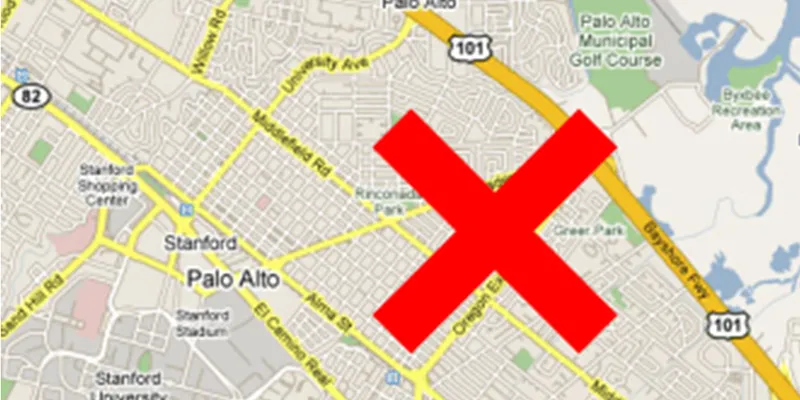What is the Geospatial Information and Regulation Bill?
The bill mandates any individual or organisation to attain a license to share, publish, acquire and visualise location-based data, such as maps. It also restricts individuals and organisations from capturing geospatial data without the government imposing a vetting authority on the acquired data. Any individual or organisation found to be in violation of this regulation would face a fine of 1 crore to 100 crore and/or imprisonment up to seven years. The bill is still in draft form and the Ministry of Home Affairs has invited responses from all concerned citizens and stakeholders until 4th June 2016.

What does this mean for us?
Not long ago, we successfully concluded the battle to save our Internet from net neutrality and now it's time for us to stand up for saving our maps. People might shrug this off as an issue that isn't important, but it could have a very deep impact on us, if the bill is passed. It thus deserves our attention before it's too late.
To summarise, what this bill means to us as citizens of India is that it would be deemed illegal for us, as individuals, to share our location even with our friends. Imagine sharing your location with one of your friends to facilitate his commute to reach you – this action, post implementation of the bill, would be punishable by a huge penalty and could also lead to imprisonment. Not just location sharing but most of our daily services like food delivery, transport and media, to mention a few, rely heavily on maps and would be directly impacted by this bill. All these services, so dear to us, could leave deep holes in our pockets.
Furthermore, startups that intend to use, or already using, location-based information will be gravely affected by the repercussions of the bill, as it would constitute yet another thing for entrepreneurs to worry about. It would significantly impact the Indian startup culture, as it would discourage the emergence of startups that intend to harness location-based data. It will also lead to the monopolisation of various industrial segments that use location data and will reduce scope for innovation.
Startups that are working on creating better mapping tools for the benefit of consumers will be discouraged from the very beginning, especially since this segment is dominated by large players like Google, ESRI, Apple etc. This bill will encourage a monopoly in the map acquisition and maintenance industry, as most of the large players have strong legal teams and financial stability to afford the licenses. However, for entrepreneurs who are starting out into this space and are typically engineers with a meagre understanding of the law, the regulation will be a major drawback.
Due to the legal barriers, many organisations will refrain from development of GIS (Geographical Information System) in India. Our country will also lag behind in this segment and will end up playing ‘catch up’, especially when other countries are fuelling research for better acquisition and visualisation of location data with the advent of 3D GIS systems. India's smart cities initiative is one of the many programmes that will be severely impacted, due to lack of quality GIS data essential for development.
Reason for this bill?
The bill was drafted due to the inappropriate portrayal of the map of India by some websites and the inappropriate use of the map by several outlier organisations that compromise our nation’s security, sovereignty, safety and integrity. But the wide and general application of the bill, restricting common citizens from access and development of a major industry segment, is inappropriate. In an era of 21st century adaptation, this far-reaching law would be like rowing against the tide when most of the developed nations are striving towards innovation in this industrial segment.
What can we do?
The bill is still in the draft stage after being released on 4th May and still awaiting responses until 4th June. All we can do is express our opinion against this bill by emailing our responses to [email protected] and to facilitate the process, the website www.savethemap.in has been built. Please visit this site for more information and to register your voice against this bill becoming law.
(Disclaimer: The views and opinions expressed in this article are those of the author and do not necessarily reflect the views of YourStory.)







